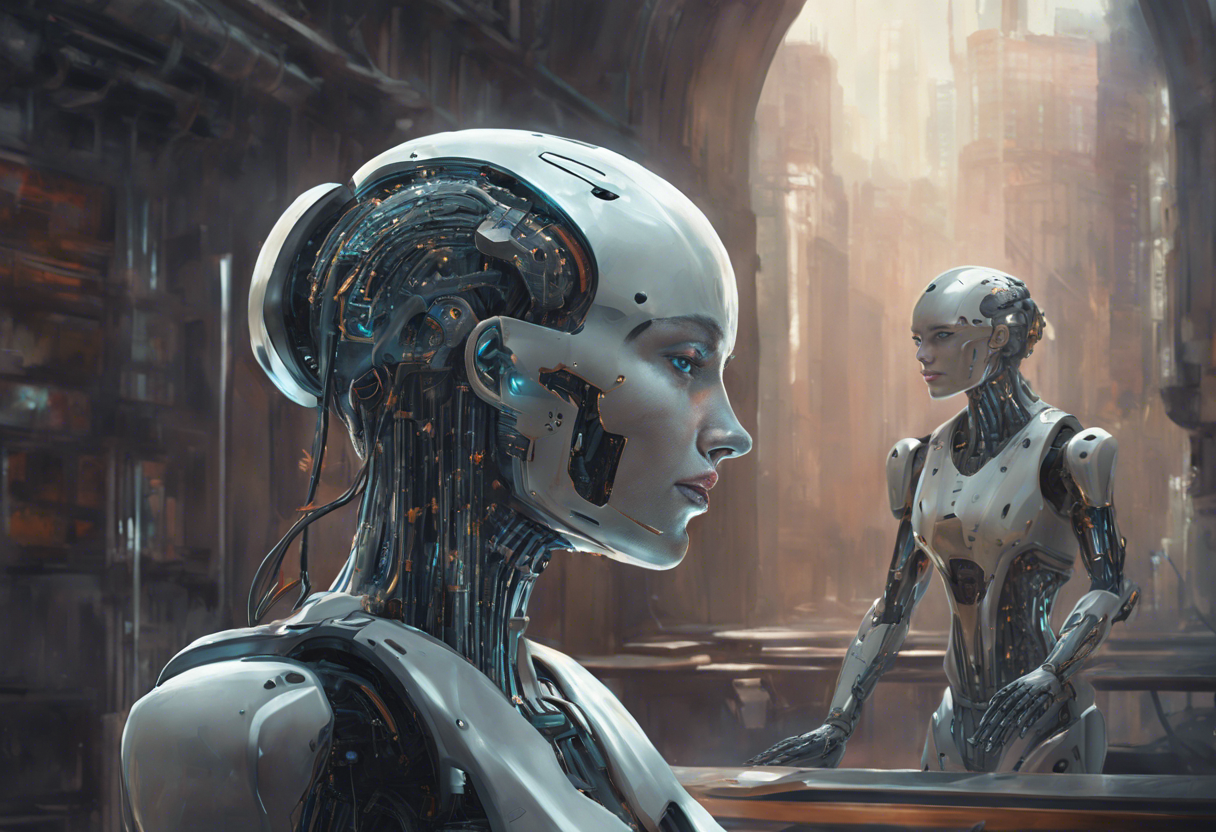
Human decision-making has long been a subject of fascination and perplexity, with a pronounced positive confidence bias often defying the expectations of rationality. In a groundbreaking study published in Nature Communications by a team led by RIKEN, artificial intelligence (AI) has been employed to replicate and dissect this seemingly irrational trait. The results, as unnerving as they are enlightening, point to the influence of subtle observational cues on our inflated sense of confidence.
The Decisive Conundrum: Researchers, led by Hakwan Lau from the RIKEN Center for Brain Science, have grappled with the tension between theoretical assumptions of human rationality and empirical data demonstrating the contrary. The disconnection between decision-making and confidence level poses a puzzle – while humans showcase the capacity for rational decision-making, their confidence in those decisions often appears to be illogical.
Image Noisiness and Confidence: The study reveals that the peculiar confidence bias becomes more prominent when dealing with unclear or noisy images. Mathematically, the noisiness of an image is measured by its deviation from a clear image, known as the signal-to-noise ratio. However, the paradox arises when an image becomes both more salient and noisier, yet confidence in recognizing it increases. Lau notes, "It turns out that the structure of the noise, which is usually assumed to be random, actually matters a lot."
AI Unraveling the Mystery: To delve deeper into this mystery, Lau and his team employed an AI model designed to report on confidence. Unlike the human brain, an AI model allows for dissection and understanding once it learns. The AI models surprisingly exhibited the same confidence biases as humans, shedding light on the rationality embedded in learning from the noise structure of natural images. Lau explains, "It's the learning of the statistical properties of natural images that lead these models—and presumably our brains too—to have these apparent biases."
Conclusion: The marriage of artificial intelligence and the exploration of human decision-making has unraveled some of the mysteries behind the pronounced positive confidence bias. As we celebrate the one-year anniversary of this groundbreaking study, it opens new avenues for understanding the quirks in our decision-making processes. The AI model's ability to mirror human confidence biases suggests that our brains, much like machines, might be rational in their own unique way, learning and adapting to the intricate nuances of the world around us.